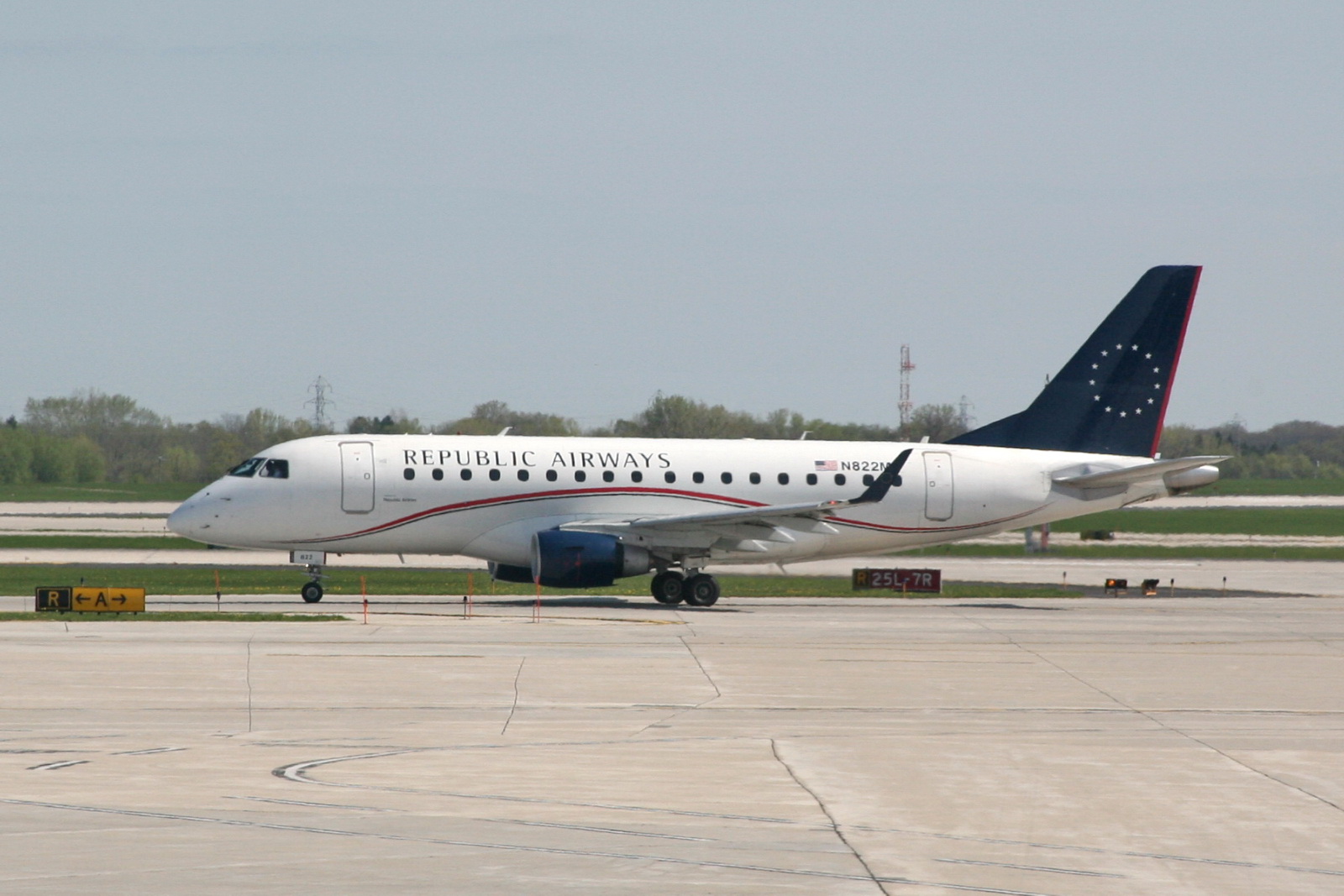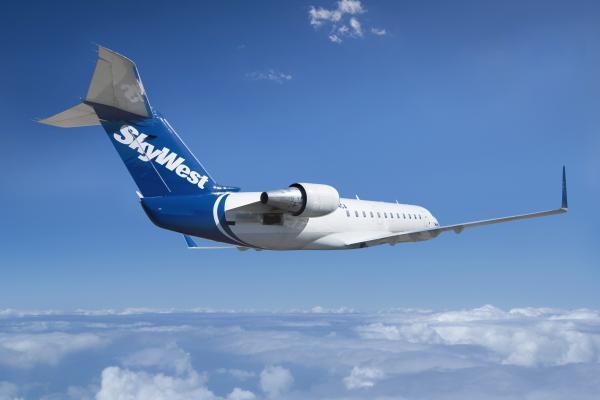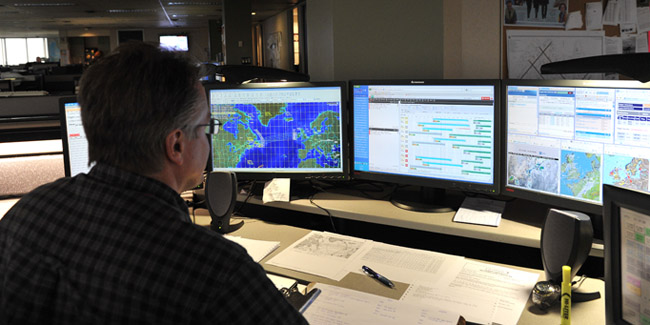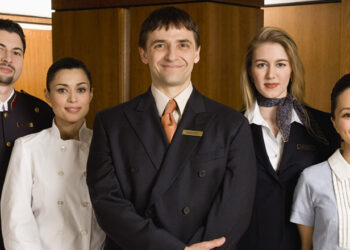Main highlights:
- Kennedy International Airport in New York. Republic Airways and SkyWest Airlines, which operate flights for the largest U.S. carriers, allow some dispatchers to work remotely.
- Many critics involved in the Industry have an issue with dispatchers, not in the centres and doubts precision in work and their safety
Since the pandemic began, so did the work-from-home culture and this also applied to the aviation industry. the Federal Aviation Administration allowed many airline companies to let their dispatchers work from home. Republic Airways and SkyWest Airlines, which operate flights for the largest U.S. airlines, took the offer however still use the practice even when it’s not the need. critics argue that it exposes dispatchers to disruptions and distractions, shields them from oversight and raises concerns about flight safety.

“This dispatch-from-home concept takes all the controls away,” said Gary Peterson, the air division director of the Transport Workers Union, which represents tens of thousands of airline workers, including dispatchers at Republic. “Taking people out of the operation like they’re doing, it’s insanity.”
“We have the safest air system in the world,” said Catherine Jackson, the president of the Airline Dispatchers Federation and a longtime dispatcher for Southwest Airlines. “Why are we even considering making compromises?”
This is an issue of concern because the work of airline dispatchers is to put together comprehensive flight plans, chart routes, account for weather and turbulence, and ensure that a given plane is ready and safe to fly. Their job decides the operational course of the pilots.
The union and other critics agree that the number of dispatchers doesn’t make a difference if they are not working from the facility and many experts say the job should be done only from the secure confines of an operations centre.

However, through a statement that safety remains a top priority, both Republic and SkyWest defended the practice, and that they have worked closely with the F.A.A. to ensure that dispatchers who work remotely are held to high standards.
“We have worked with our dispatchers and the F.A.A. to fully leverage the latest advancements in technology and develop procedures, training, redundancy and oversight that ensure we are meeting strict safety requirements,” Republic said in a statement.
Mr Peterson of the Transport Workers Union acknowledged that some of the union’s members may want and enjoy the option to work from home. According to him this practice puts dispatchers in serious trouble and the union may have a harder time mounting a defence, he said.
“That’s our No. 1 concern in expressing this to the membership — you’re putting yourself on an island,” he said. “That license in your back pocket, that’s you. When something goes wrong, you’re the one that’s in front of an administrative law judge, you’re the one that’s going to jail, you’re the one that lives with the consequences.”
In a letter to the F.A.A. this summer, Mr Peterson provided what he stated two examples that explained how remote dispatching can threaten safety. In one, which he said occurred in May,” a Republic pilot could not reach an assigned dispatcher for 30 minutes while the pilot was stuck flying over Albany, N.Y., because of bad weather”. In another,” a dispatcher at Republic’s operations centre worked well beyond the F.A.A.-mandated maximum 10-hour shift because the dispatcher’s replacement was having trouble connecting to the internet.”

Billy Nolen, the acting F.A.A. administrator, responded in an Aug. 31 letter, saying that “the agency had investigated those concerns and found that Republic complied with regulatory requirements for operational control.” Mr Nolen also said that” the agency had reviewed drug and alcohol testing records for both airlines since 2020 and could not find evidence to support the union’s claim that remote dispatchers were being excluded from testing.”
Mr Peterson called that response “nothing more than damage control.”
“I just heard somebody over the summer describe the dispatcher in this way I loved: The dispatcher is the pilot who doesn’t actually fly, they’re the mechanic who doesn’t actually fix the plane, and they’re the operations scheduler who doesn’t actually do that part of the job,” said Brian Strzempkowski, the interim director of the centre for aviation studies at Ohio State University. “They have to know all the little different pieces and parts about the whole operation.”


























